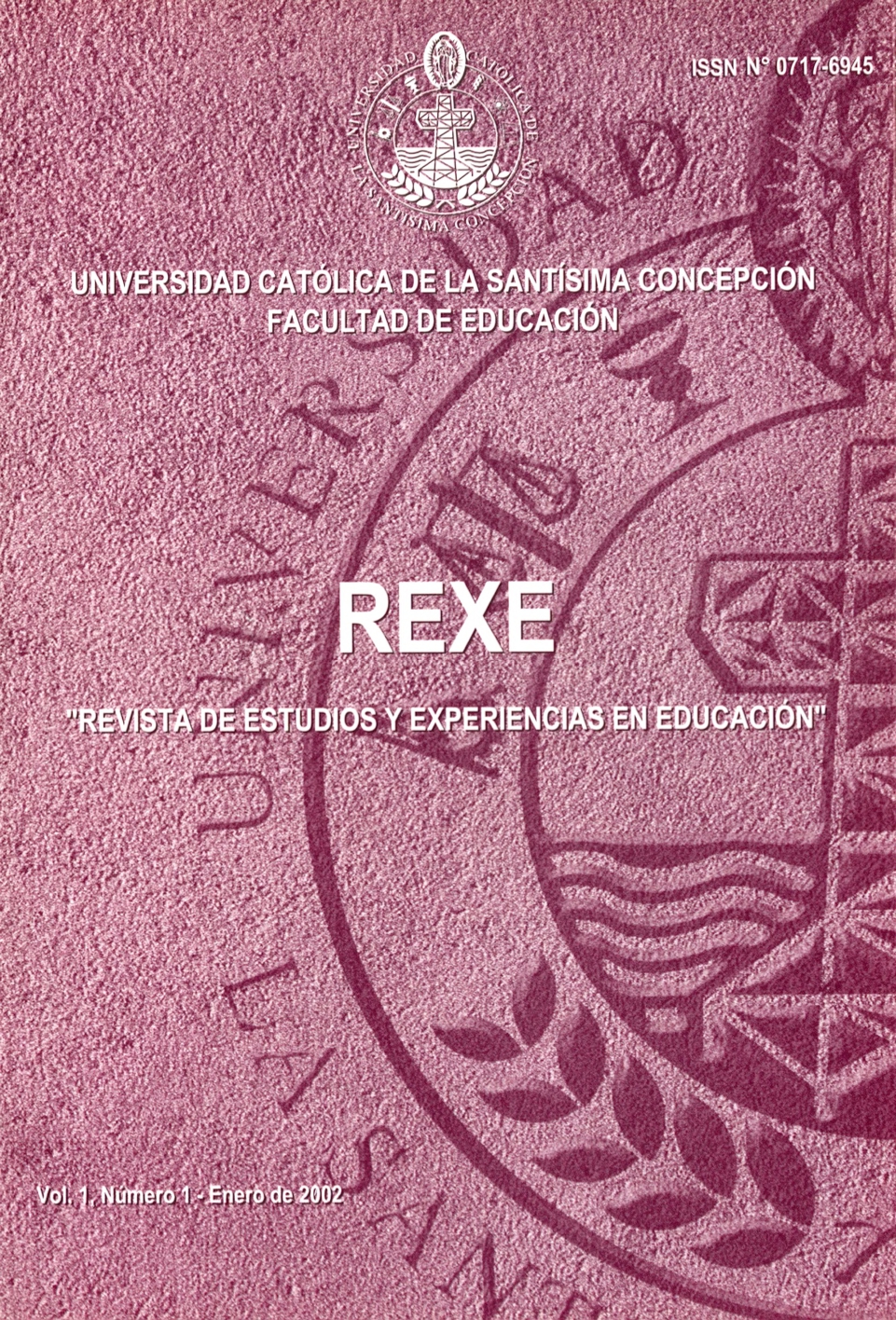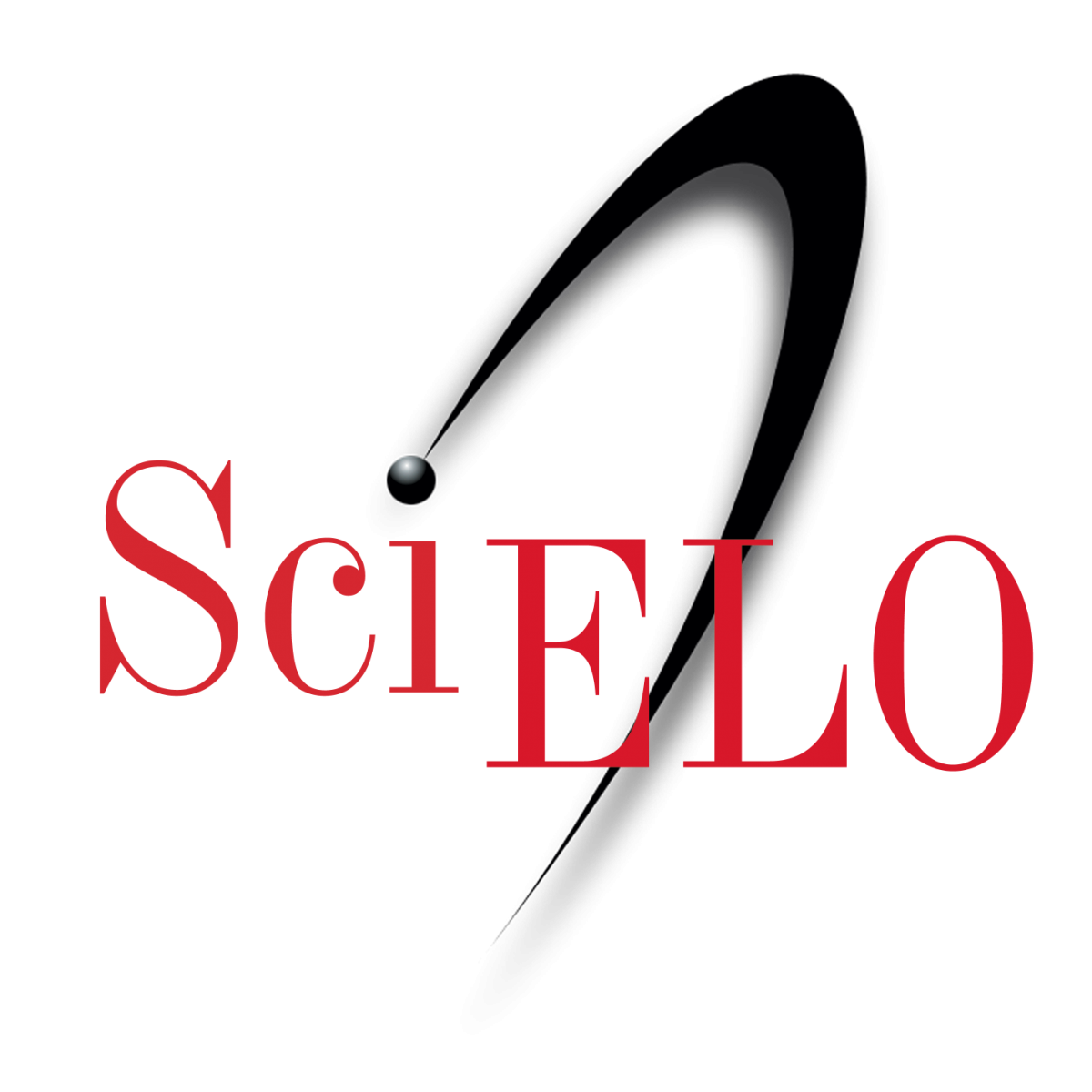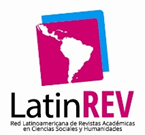the intersubjectivity as the axis of the communicative conception of the curriculum
DOI:
https://doi.org/10.21703/rexe.v1i1.280Keywords:
Curriculum, Rationality, Person, Communicative action theory, Critical theory, World of lifeAbstract
The following article offers a vision of the person and the society, from the point of view of the Communicative Critical Curriculum, so as to give a response to the initial questions of every attempt of curriculum construction. What type of formative interactions do we want to develop? And what type of society do we want to build?
The development of the person is approached from the position of the biology of knowledge of Maturana and Varela; the symbolic interactionism of Mead and the theory of communicative action of Habermas. This is oriented to find the foundation of a concept of person able to keep, renew and transform the society in which he or she lives in, main formative aspects that a Critical Communicative Curriculum tries to favor on.
The vision of society is approached from the perspective of the world of life and the permanent relationships it keeps with the system, in search of finding the foundation for the maintenance, renewal and transformation of the culture, the society and personality, as structural components of the world of life, and also of the forms of interaction with the system; and the identification of the key aspects and the cultural contents in which each one of these processes rests.
Downloads
References
Ferrada, D. (1998) “El Curriculum Crítico Comunicativo y la Selección de la Cultura Escolar”, Valladolid, Tesis Doctoral.
Giddens, A. (1994) (t.o. 1991). “Modernidad e identidad del yo. El yo y la sociedad en la época contemporánea”. Ediciones la Península/ideas, Barcelona.
Habermas, J. (1987) (t.o. 1981) "Teoría de la Acción Comunicativa, vol. I: Racionalidad de la acción y racionalización social”. Taurus, Madrid.
Habermas, J. (1987) (t.o. 1981). “Teoría de la Acción Comunicativa, vol. II: Crítica a la razón funcionalista”. Taurus, Madrid.
Habermas, J. (1996) (t.o. 1983). “Conciencia Moral y Acción Comunicativa”. Península, Barcelona.
Habermas, J. (1990) (t.o. 1988). “Pensamiento postmetafísico”. Taurus Humanidades, Madrid. DOI: https://doi.org/10.17533/udea.ef.339716
Maturana, H. y Varela, F, (1980). “El Árbol del conocimiento”. Editorial Universitaria, Colección Fuera de Serie, Santiago de Chile.
Maturana, H. (1990). “Biología de la cognición y epistemología”. Ediciones Universidad de la Frontera, Serie Ensayos, Temuco.
Maturana, H. (1992). “El sentido de lo humano”. Editorial Universitaria, Santiago de Chile.
Mead, G. H. (1993) (t.o. 1934). “Espíritu, Persona y Sociedad. Desde el punto de vista del conductismo social”. Paidos Studio, 2a reimpresión, México.
Downloads
Published
Issue
Section
License
Copyright (c) 2002 Revista de Estudios y Experiencias en Educación

This work is licensed under a Creative Commons Attribution 4.0 International License.
Open Access Policy
This journal provides immediate open access to its content, based on the principle that offering the public free access to research fosters greater global knowledge exchange.
License
The REXE Journal, “Journal of Studies and Experiences in Education,” published by the Faculty of Education at the Universidad Católica de la Santísima Concepción, is distributed under a License. Creative Commons Atribución 4.0 Internacional.






